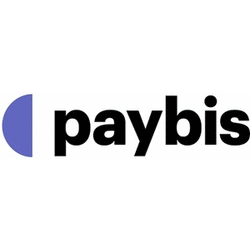That’s what Frans Muller, CEO of Ahold Delhaize, says in conversation with RTL Z. “We try to understand what the higher prices we are dealing with are,” says Muller.
Higher prices may be due to rising prices of raw materials, or those of energy, packaging, transport or wages, Muller said.
–
–
Finger on the pulse through private labels
According to him, Ahold can check whether price increases that producers are asking are justified. That is because 50 percent of the turnover in the Netherlands comes from private labels. Ahold has these products made by food manufacturers.
“So we can keep a finger on the pulse of price increases that suppliers of branded products want to ask,” says Muller.
–
–
“Price increases that we can understand well that we say ‘yes, that’s real’, we think customers will understand that too,” said Muller.
Food prices 4.3 percent higher in January
In the Netherlands, prices in January were 6.4 percent higher than twelve months previously. Half of this was due to higher energy prices. But food prices were also higher: 4.3 percent to be precise. “That’s considerably more than we’ve seen lately,” says Muller.
–
–
He also thinks that inflation will be less in the second half of the year than in the first six months. That is in line with what many experts expect.
Cost savings
Muller notes that some food manufacturers wanted to pass on price increases to Ahold that he believed were not justified. He wants the price increases across the board to be as small as possible for customers.
–
–
In its press release on the fourth quarter figures, Ahold Delhaize said its operating profit margin remained flat. Cost savings then offset higher costs in supply lines and inflation, the company said.
Supermarkets regularly have conflicts with suppliers who want to charge higher prices. For example, Ahold recently had a conflict with Nestlé. As a result, Maggi, Mora, Nescafe and KitKat were temporarily unavailable at Albert Heijn.
–
–


